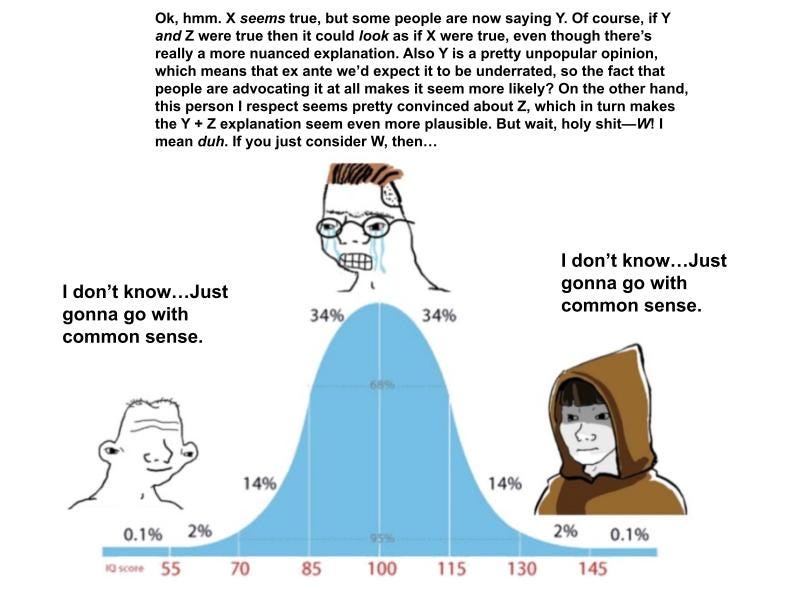In Praise of Zeynep’s Law
If it looks like a duck and quacks like a duck, don’t believe the one guy who says it’s a chicken.
Spin doctors and pundits love a hot take about why some on-its-face bad action will actually be good, or why some seemingly good one will be bad.
To be sure, lots of actions really do have second-order effects or unintended consequences. In fact, this is a guaranteed byproduct of living in a complex modern society! The world abounds in examples of catastrophic wars that lead to significant social progress; in incentives that have the exact opposite of their desired effect; in safety-seeking behaviors that pose dramatic hidden risks. So it’s correct to expect the unexpected. The mistake here is thinking that anyone can reliably explain or predict the unexpected.
This, in a nutshell is the claim made by sociologist Zeynep Tufekci in her eponymous “Zeynep’s Law”:
Zeynep’s law: Until there is substantial and repeated evidence otherwise, assume counterintuitive findings to be false, and second-order effects to be dwarfed by first-order ones in magnitude.
Or if you prefer a troll-y meme version, try this on for size:
It’s fun—and often status-enhancing—to tell a smart story about why things are not as they seem. After all, a need for explanation is deeply ingrained in the human psyche, and the more elaborate an analysis, the more it is able to integrate disparate facts. Unfortunately, the prediction record of many presumed authorities is consistently and notoriously...not great. (The exceptions tend to be in concrete domains with tight feedback loops—think chess, or plumbing—where experts can develop valid intuitions that deviate from those of novices/laypeople.)
Again, this general unimpressiveness isn’t because human forecasters are stupid; it’s because the world is mind-numbingly complex—and increasingly so the more you zoom out.
What is stupid, however, is believing that you can systematically account for this mind-numbing complexity. That reality will at some point deviate from expectations, you can rest assured; but unless you’re in possession of a smoking gun as to why and how it will deviate, you’re better off trusting conventional wisdom and the law of averages. Apparent freaks are usually just flukes. Hot takes are usually hot air.




